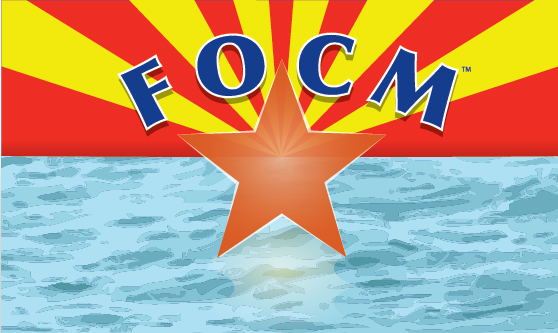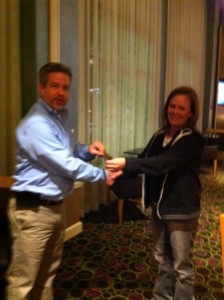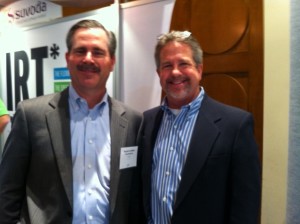| If your long-term customers are leaving–and not coming back–you’re probably making one of these mistakes.
Your most profitable customers are almost always long-term customers.
Don’t lose them by making any of the following mistakes:
1. Change too many players. It’s tempting to assume long-term customers love your brand. More often than not they love your employees.
Customers don’t buy from companies. They buy from people—your people.
Since relationships are the lifeblood of a small business, don’t rotate salespeople, customer service reps, or key contacts unless you have to. Do everything possible to protect and foster the relationships your employees forge. Employees are rarely interchangeable where strong business relationships with customers are concerned.
2. Treat new and existing customers too differently. Offering discounts or incentives to land new customers is often necessary, but existing customers can quickly resent the fact their loyalty is not rewarded.
Think hard about the carrots you offer new customers and make sure you “reward” existing customers just as much—if not more. Never forget that while new customers create an immediate top-line impact, sales to existing customers typically result in a bigger impact on your bottom line.
3. Focus too heavily on price. Being the low-cost provider is a definite competitive advantage.
Good luck maintaining that advantage. Somewhere, someone is planning to steal your customers through lower prices.
Your goal is to provide the best value. Value is an advantage you can maintain through a combination of price, schedule, service, and relationships. If your marketing focuses mostly on price you’ll train customers to constantly look for a lower price, both from you and your competition.
Spend at least as much time finding ways to increase value as you do finding ways to lower costs and prices.
4. Push too hard to grow same-customer revenue. Trying to sell more to existing customers is smart, but don’t do so blindly. First know what each customer needs and only then try to meet those needs. Never suggest a product or service a customer doesn’t need.
And never ask, “Is there anything else we could do for you?” unless you already know the answer and are ready to provide a great solution. Otherwise you’re just pushing, and customers hate being pushed.
5. Accept high employee turnover. While high turnover is a fact of life in a few industries, in most cases employees leave because they aren’t treated well.
So do customers.
Unless systems truly drive your business, you can’t expect to have long-term customers unless you first have long-term employees. If turnover is high, find ways to fix it. Otherwise customer turnover will always be high, too.
6. Forget what keeps the lights on. Every business has principal products or services that form the foundation of the business. Every business also has key customers that form a foundation.
Over time key products and services—and key customers—can get taken for granted while newer, sexier, higher profile initiatives get all the focus.
Make a list of the customers you can’t afford to lose. Then list what those customers buy. That list is the foundation of your business.
Never forget what keeps your lights on.
7. Reward the wrong employee behaviors. This happens most often in sales, like when commission rates are much higher for new customers than existing customers. If that’s the case and I’m a salesman, why should I work to maintain existing accounts when I get paid a lot more to find new ones? That approach only works if your systems ensure someone else takes over the responsibility for forging great relationships with existing customers.
Think about the incentives you provide and goals you set for your employees, and make sure they encourage the outcomes you really want.
8. Make problem resolution painful. Policies and guidelines are great for ensuring that employees comply, but a customer with a problem doesn’t care about your policies. She just wants her problem fixed.
Let employees use complaint-resolution policies as guidelines rather than rules. Give employees the freedom to make judgment calls.
Resolving a customer problem or complaint can help your business establish an even stronger customer relationship when you give employees the freedom to make that happen. |



